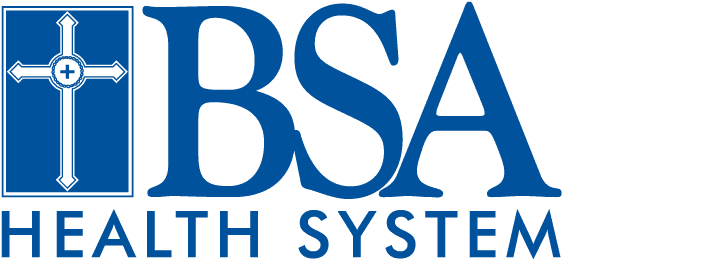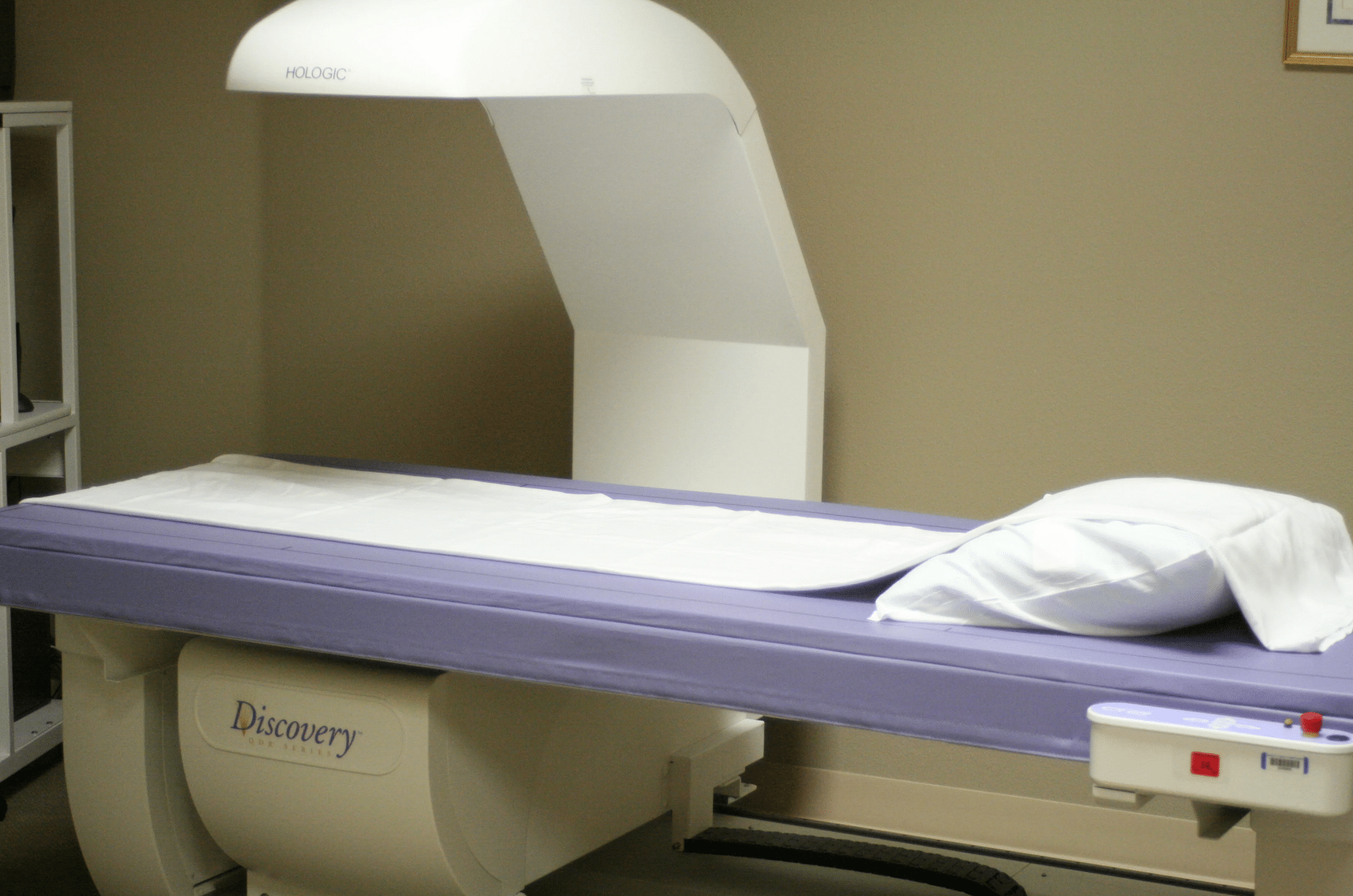They are the scaffolding that gives us the ability to move through our daily lives, yet many us don’t stop and think about the health of our bones. As we age, women especially, should consider our bone health as much as we make sure to schedule annual physical examines and maintain a healthy lifestyle. In fact, 1 in 2 women over the age of 50 will break a bone due to osteoporosis, a disease which weakens bones and increases the risk for fractures. Women are at a greater risk of developing osteoporosis compared to men, because their bones are thinner and smaller. Also, after menopause, women experience a dramatic drop in estrogen, which helps protect bones. The good news – you can help prevent losing bone density at any age.
Know Your Bone Density
First, it is important to know your bone density. Bone density tests can be a good predictor of whether your bones will thin at a rate that could lead to osteoporosis, which gives health care providers an opportunity to recommend medication or lifestyle changes to help slow the process. Harrington Breast Center Medical Director and Radiologist, Dr. Gail Bentley, recommends patients have a bone density test following menopause, if not beforehand. “One thing that most women should become aware of is that even in premenopausal years, depending on your stature and weight, you may have bone demineralization,” explains Dr. Bentley. “If you are patient at risk, for example Caucasian, weigh less than 127 pounds and have been treated with corticosteroids, you should ask your doctor about having a Bone mineral density scan.”
Dr. Bentley adds patients may also consider having a Dexa Scan if they have had what is known as a fragility fracture. “A fragility fracture is a fracture that occurs without significant trauma,” says Dr. Bentley. “For example, many women bump their toes, resulting in toe fracture(s).”
Are you at risk?
Not all women will have bone thinning that requires medical intervention. However, for women with certain risk factors, being aware of bone density at the onset of menopause is especially important. Risk factors include:
- Family History
- Small, thin frame
- Rheumatoid arthritis
- Certain medications, such as corticosteroids
- High alcohol use
- Lack of exercise
- Smoking
- Soda consumption
- Diet low in calcium, phosphorus, and vitamin D
Prevent Bone Loss
If you have lifestyle risk factors, it is important to talk with your doctor about healthy changes you can make. If you smoke, consider a smoking cessation program to stop as soon as you can. Also, limit alcohol to no more than one drink per day and talk with your doctor about your diet to make sure you are getting in the necessary calcium, phosphorus and vitamin D. “It’s best to take calcium in the form of skim milk, low-fat yogurt, rather than high-fat calcium containing substances such as ice cream,” adds Dr. Bentley.” Women should be encouraged to check with their doctors on the appropriate amounts and types of over the counter Calcium and vitamin D supplements to take.”
Additionally, you can help slow and even prevent bone loss through exercise at any age. Did you know strength training can help stimulate cells to make new bone? Strength training works by causing muscles to pull on the bone, increasing bone strength. Weight-bearing exercises also improve flexibility, which helps reduce the likelihood of falls, which can lead to fractures.
This does not mean to have to hit the weights at the gym, however. Weight-bearing exercises to help strength your bones include:
- Aerobics
- Climbing stairs
- Dancing
- Jogging
- Racquet sports
- Running
- Tai chi
- Walking
- Water aerobics
- Yoga
“We should encourage younger women to start paying attention to bend mineral density, before they are in their postmenopausal years to avoid osteoporosis altogether,” says Dr. Bentley. “The truth is that one out of every two Caucasian women will experience and osteoporotic fracture of some type in their lifetime. One out of every five men will also experience an osteoporotic fracture.”
Patients can schedule an annual Dexa Scan at the time of their annual mammogram. The scan is painless and takes less than 20 minutes. If you would like to learn more, please call the Harrington Breast Center at 806-356-1905 or visit our Breast Health page.

